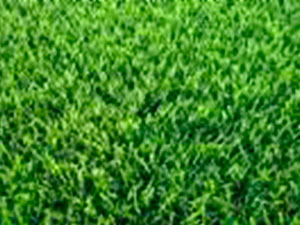Descrição
Scientific Name: Paspalum notatum
Synonymy: Paspalum distachium, Paspalum saltense
Popular Name: Potato grass, fork grass, coarse bush grass, Bahia grass, pasture grass, Gramão
Family: Poaceae
Division: Angiosperm
Origin: Brazil
Life Cycle: Perennial
Cultivate: Bahia (Batatais Grass)
Leafhopper: Resistant
Form of Growth: Rhizomatoza / Crawling
Height: 0.2 to 0.3 meters
Palatability: High
Drought Tolerance: Medium
Cold Tolerance: Medium
Annual Precipitation: Above 800mm
Use: Lawns/Erosion Control
Soil Fertility: Medium/Low
Planting Depth: 1 to 2 cm
Planting: 15 g/m2
Grama Batatais has long, firm, light green leaves. It is rhizomatous, that is, the stem is below the ground and leaves the leaves upward. It is recommended for soccer fields, public gardens and places with traffic, due to its resistance and rusticity. It should be trimmed whenever it reaches 3 to 5 cm or when it blooms. Commonly sold in the form of boards or plugs. It can be cultivated in poorer soils, with biannual fertilization and regular watering, although it has some resistance to drought. It is not suitable for shaded or semi-shade situations, and must be kept in full sun.
Indications:
We recommend this grass for: Football fields, gardens in general and places with a lot of traffic, due to its resistance and rusticity the species offers fast regeneration. It must be trimmed whenever it reaches 3 to 5 cm.
Due to its abundant root system, the species offers excellent natural containment of ravines, slopes and hills. Widely used for these purposes throughout the national territory. The species fortifies and helps prevent landslides.

